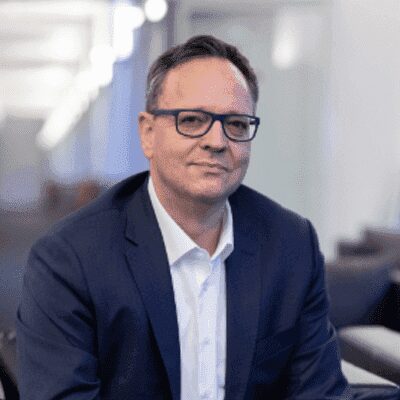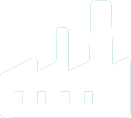With more than 330 stores, 18,200 employees and a revenue of 3.2 billion euros, toom is one of the leading players in the German DIY sector. The Vice President of the European Senate of Economy and Technology Benedikt Grütz spoke with the CEO of toom, Baumarkt GmbH Renè Haßfeld, about the responsibility of large companies in the area of sustainability, corporate culture and communication with customers.
Q1. Mr. Haßfeld – as a company of REWE Group, responsible and respectful action in the sense of the community is part of your corporate philosophy. Your slogan in your external presentation is “Respect who does it himself”. You go even further with your corporate philosophy and say, “Respect who thinks about the future”. What exactly do you mean by that?
“Respect, is our basic attitude – respect is our foundation and influences in every way how toom Baumarkt wants to live internally and externally. We treat each other as equals – especially towards our customers – and want to be always sure that we pick up our customers exactly where they are and support them with the products and services they need. But respect goes even deeper: it’s about respect for the environment, for the way we treat natural resources and for society. That’s why we go one step further and it’s not just yesterday and today that counts, but we deal with the future according to the motto “Respect who thinks about the future”. For this, you need a future in which you can live and which you can also hand over to future generations as intact as possible.
For more than 10 years, the idea of sustainability has been firmly rooted in us and encompasses the entire company. At all times, we try to find more sustainable alternatives and to sensitize our customers to the topic of sustainability in the DIY market. We are certainly pioneers in the German DIY sector in this respect and often set standards in our consistent approach. As a DIY store company, the areas of renovating and refurbishing apartments and houses are naturally also very relevant. This is where our customers want to feel at home. At the same time, there is a growing desire for more sustainable and less polluting materials at good prices. Solventfree glazes and paints are a practical example. The principle used to be: if it doesn’t smell unpleasant, it’s no good. But back in 2014, we were the first DIY store to switch our glaze range to solvent-free.
We knew that it could also be a risk and that we would have to sell our articles in the stores at a somewhat higher price because production is more costly. Nevertheless, we wanted to go the distance and just started it. We knew that we would not change the world with it overnight. We can’t do that on our own anyway, but we wanted to be the driving force and motor. And even if the industry picks up on this, which is what happened, we don’t care because it’s simply the thought that counts. If we want to have a more sustainable world in which we can live healthier lives, among other things, then it doesn’t matter if a competitor takes up the idea and implements it at their own company. That’s how we get to our goal faster. Because only together can we make a difference.
2. How do you see yourself, on the one hand, in comparison with direct competition and, on the other hand, with companies from outside the industry in the area of sustainability and corporate culture that also turn over billions of Euros?
It’s important to mention at the outset that the topic of sustainability has only really taken off in recent years. At the beginning, people smiled at us and said “What are you doing? No one is interested. Economically, it doesn’t pay off”. But that’s exactly what we didn’t care about, because we have a vision and wanted to be explicitly seen as a driver here. After all, sustainability is not a label that you just put on yourself. It must be understood and embodied within the company.
We approached it rather objectively and wanted to convince our customers directly through our products right from the start, to make them aware of certain issues and to give them a choice through alternative products. This kind of thing does not go unnoticed by the competition. Some of them waited, but in the meantime almost all DIY stores have jumped on the bandwagon. We also agree in our industry association that we want to drive the issue of sustainability forward throughout the industry.
At toom, we try to align ourselves with global issues: Climate change, circular economy, species conservation and transparency of supply chains. Here, we can make a difference with our expertise and thus make a not inconsiderable contribution to the change that is being initiated with the EU Green Deal, among other things.
Politically, more would have to happen here, and more concerted action would have to be taken to achieve the goals. The advantage here at Toom is that we think holistically, and our commitment does not involve a single cause. It’s part of our DNA. Every employee can get involved. There’s a big difference between saying in sales, “This is a sustainable product that we’re helping to offer,” and going through a holistic process.
Now, we can’t completely redevelop all products so that they are all healthy, sustainable and low in CO2. But that doesn’t have to be the claim either. Especially with concrete and roofing felt, we’re still lacking imagination at the moment. But when it comes to more sustainable alternatives, we’re on it right away and get involved ourselves. For example, we were the first to offer paint in recycled containers and we do not use preservatives in many products.
We are also pioneers in the field of potting soil. Back in 2016, we were the first DIY chain in Germany to decide to switch the entire potting soil range of our private labels and branded products to peat-free alternatives by 2025 at the latest. Environmental and insect protection has also been a top priority at toom for years. For some years now, we have been cooperating here with the independent environmental protection organization GLOBAL 2000, which helps us to make our range of plants and pesticides more environmentally friendly.
3. What do you also see as the most pressing issues?
We want to engage in a much stronger exchange with our customers in order to raise their awareness of the issue of sustainability. Because unlike when shopping in the supermarket, there is often simply a lack of knowledge about what challenges there are with products in the DIY store and what to look out for. Many customers say that they want to be sustainable, also say that they will act accordingly, but then when it comes to the purchase decision, there is a lack of implementation.
From the customer’s point of view, price is still a relevant criterion, followed by quality. After that, there may be other topics such as usability or sustainability. However, it is becoming increasingly apparent that awareness and behaviour are changing. Good communication is essential, because we must keep proving that we do what we say we do. Credibility is the most important asset here. It is important to communicate more strongly with the outside world. Also, in the direction of politics. Because when new laws and regulations are passed there, they must also be implementable in practice. That’s why we always encourage an open exchange with politicians, because everything that may be well-intentioned is sometimes not necessarily easy to implement. This exchange with politics, with other NGOs and associations is an important approach for us.
4. Germany has elected a new parliament in September 2021. What is your assessment of this? What will politicians have to pay particular attention to in the future?
The first thing the new government would have to do is get started. I believe that a lot of work has been left undone there. We must not allow things that should have been done 10 years ago to be done within the next 2 or 3 years. If we do that, we will overburden society, the German economy and the entire system as it functions in Germany. This system must continue to function in a stable manner, and we must not fail because of transition periods that are too short, just because we overslept the last 10 years.
5. You know the European Senate of Economy and Technology and the European Technology Chamber as NPO and NGO with the motto “technology obliges” and the associated main goals of competitiveness, sustainability and growth. What should such organizations do in the future? In what ways can they continue to provide valuable and sustainable support to business and government?
It may be a hypothesis, but in my experience, so far everyone has been stirring their own soup and trying to rope in their associations to get their own things moving forward. The keyword here is classic lobbying. I am convinced that if we want a better world and do not want to lose our prosperity in the long term, we must work together on the big goals. It won’t work for one person to come up with something on his own and the others have a problem getting behind it. I have to look at how I pull others along and support them. I see a starting point in creating a common level of communication among companies, NGOs, civic movements and politicians, who set the goals together and walk the path together. We are good at putting slogans into the world. Unfortunately, social media is a great help in this. But there is a lack of a concrete path to take. Even if there is a path, it often lacks the final consistency of implementation.
For the European Senate and the EU Tech Chamber, I think it can be deduced from this that they should be as neutral as possible, but still diverse. And to derive concrete points from this, and to hand these over as impulse papers to the economy and politics. It will not remain with just one topic; our world has become far too complex for that. Even if we are all in favour of digitization, it has not made the world any easier, even though we are often promised that it will.
Everything is faster, but not simpler. However, this also creates opportunities to bring together the multitude of complex ends. Sometimes completely new possibilities arise from it again and there it would be good if one finds many comrades-in-arms, which cooperate on it. I believe then all this also becomes something.
Renè Haßfeld
CEO,
toom Baumarkt GmbH.





















